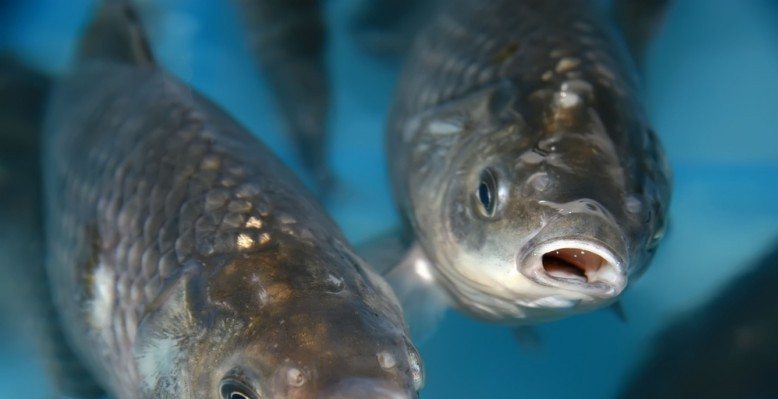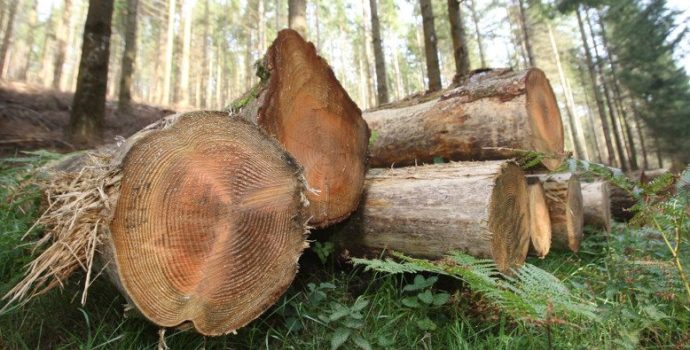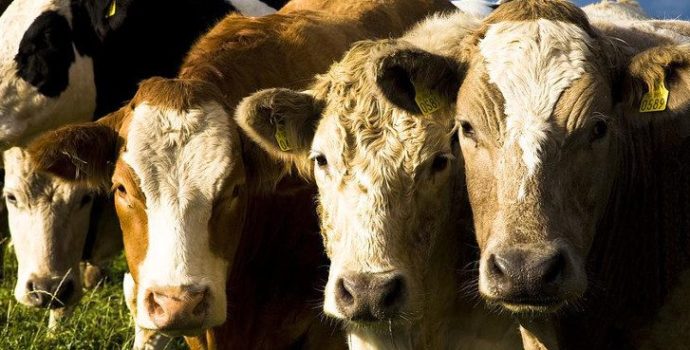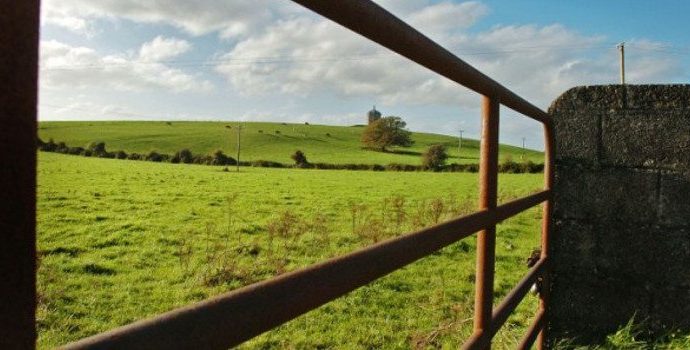IFA Concerned About Losses to Seafood Producers

The IFA’s Aquaculture section has expressed concern at the impact of this summer’s unusual plankton blooms around the coast on seafood farming companies. Aquaculture Executive, Richie Flynn, said that a combination of natural environmental events have impacted severely on many businesses.
Richie Flynn said, “IFA have members who have had shellfish stocks killed by rarely occurring algae that arrived in conjunction with the unseasonal weather. We know of more that have been prevented from harvesting by other blooms, with damages running into many thousands of euro and mortalities on some sea farms hitting up to 80% especially in the northwest.”
“One significant advantage has been the level of information coming from regular official monitoring of seawater so that consumer safety is upheld to the highest level. It is important for tourists and recreational harvesters of wild shellfish to follow the advice of the Food Safety Authority and inform themselves of the situation in local waters before gathering shellfish from the shore. Consumers can be assured that all Irish-labelled shellfish sold in shops, fishmongers or restaurants are perfectly safe, having gone through a rigorous monitoring process.”
Monitoring of shellfish safety in Ireland is carried out by The Marine Institute, which oversees a world class system of analysis and communication, involving IFA, BIM, the Food Safety Authority and the Seafood Protection Authority.
“IFA is very concerned for producers who have experienced losses. The government must help them by dealing immediately with their outstanding licence applications to allow flexibility in transferring stocks, releasing grant aid and making business in the inshore area more efficient through a regulatory system that focuses on reducing costs and supporting development to support an increase in jobs and exports.”




